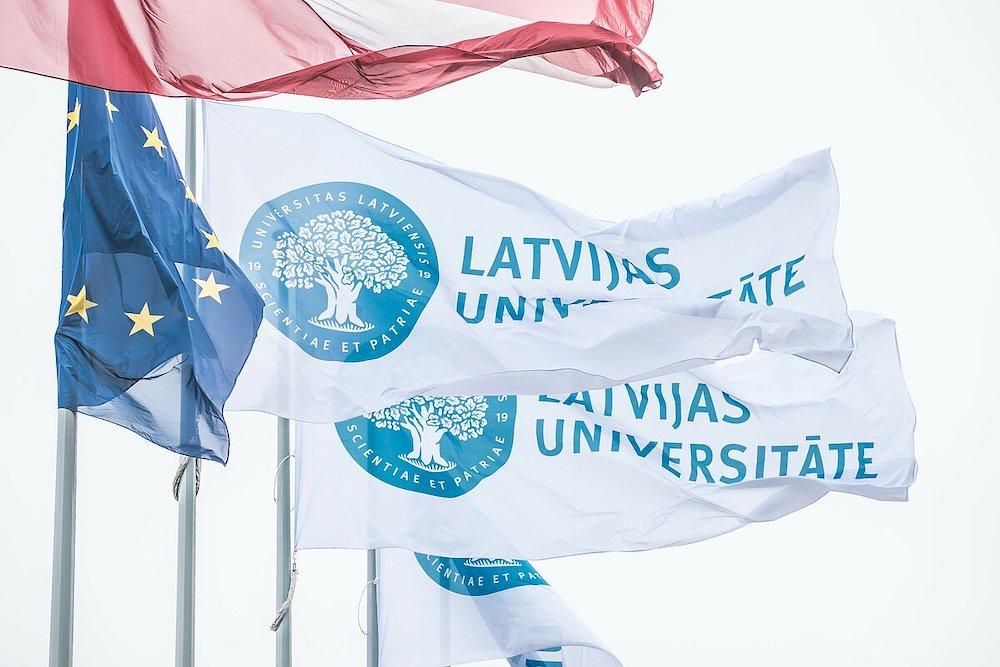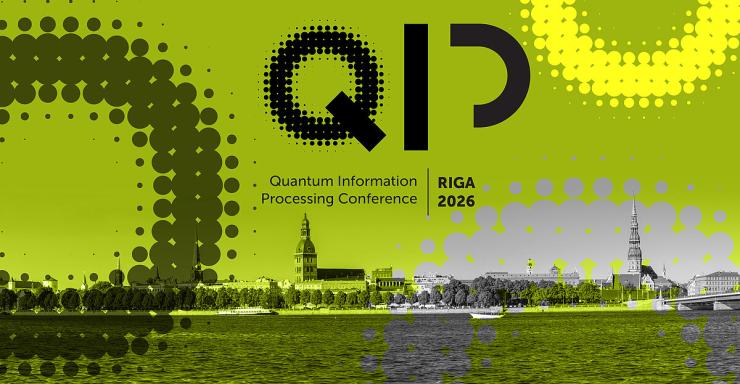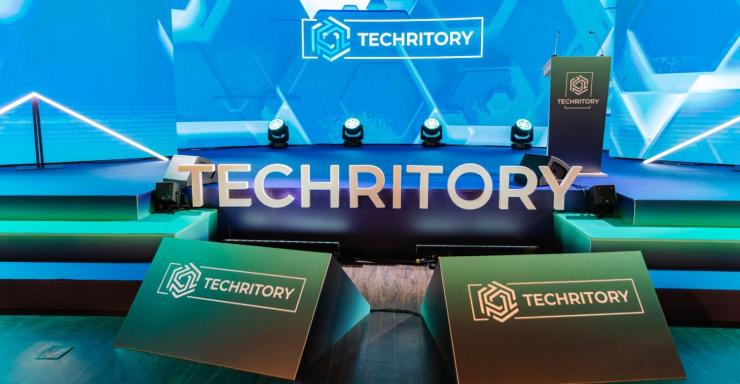A consortium comprising the University of Latvia, the Czech Technical University, the quantum resources and career company Qureca from Glasgow, UK, and the quantum computing researchers and enthusiasts association QWorld, has been selected as one of the winners in the European 2024 competition for high-tech training projects with its initiative, “Advanced End-to-end QUAntum Computing TEchnical Course” (ADEQUATE).
The competition attracted 97 consortia representing organizations from across Europe. Of these, 15 projects were selected with a total funding of €2.2 million to develop and implement training and skills enhancement programs. The consortium involving Latvia has been granted €149,400 to create and deliver the course.
The Advanced End-to-end QUAntum Computing TEchnical Course aims to foster training in high-tech fields, promote innovation growth, and achieve a long-term impact on Europe’s deep tech landscape. By November 2025, the project plans to train 550 participants.
This initiative was launched under the European Institute of Innovation and Technology’s (EIT) Deep Tech Talent Initiative, funded by the European Commission. Applicants were tasked with designing innovative courses, training programs, and skill development initiatives to equip individuals with knowledge in deep tech fields. Participants could focus on areas such as advanced computing and quantum computing, advanced materials, artificial intelligence, cybersecurity, robotics, semiconductors, clean technologies, or extended reality technologies.
The competition aimed to engage a diverse range of organizations committed to advancing education in deep tech, fostering collaboration in the sector, and supporting a skilled and inclusive workforce.
The EIT’s Deep Tech Talent Initiative seeks to equip one million people with deep tech skills by 2025. These innovations—advanced technological solutions combining science and engineering in physics, biology, and digital domains—are crucial for addressing some of the world’s most pressing challenges. The EIT has established a network of ambassadors and supporters to drive innovation in education and provide funding opportunities, connecting stakeholders such as training providers, businesses, higher education institutions, public authorities, and financial partners.


